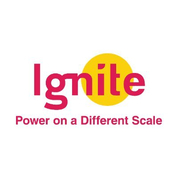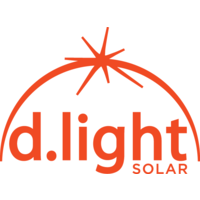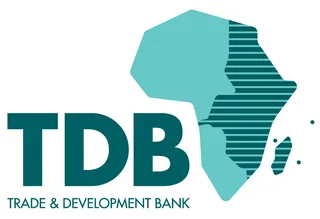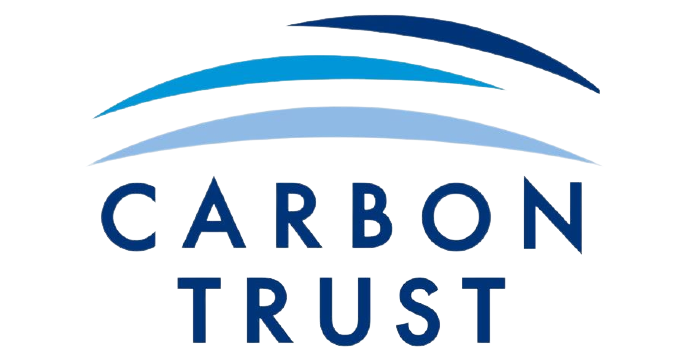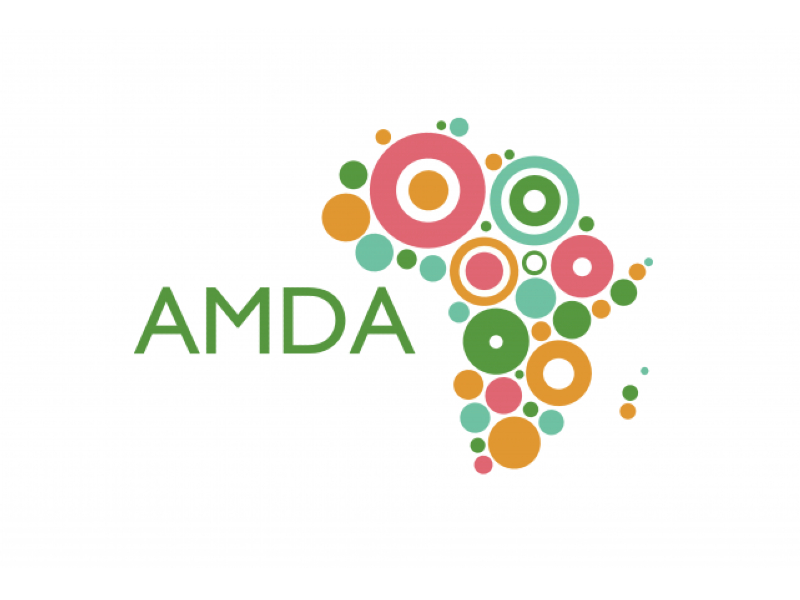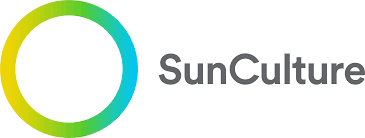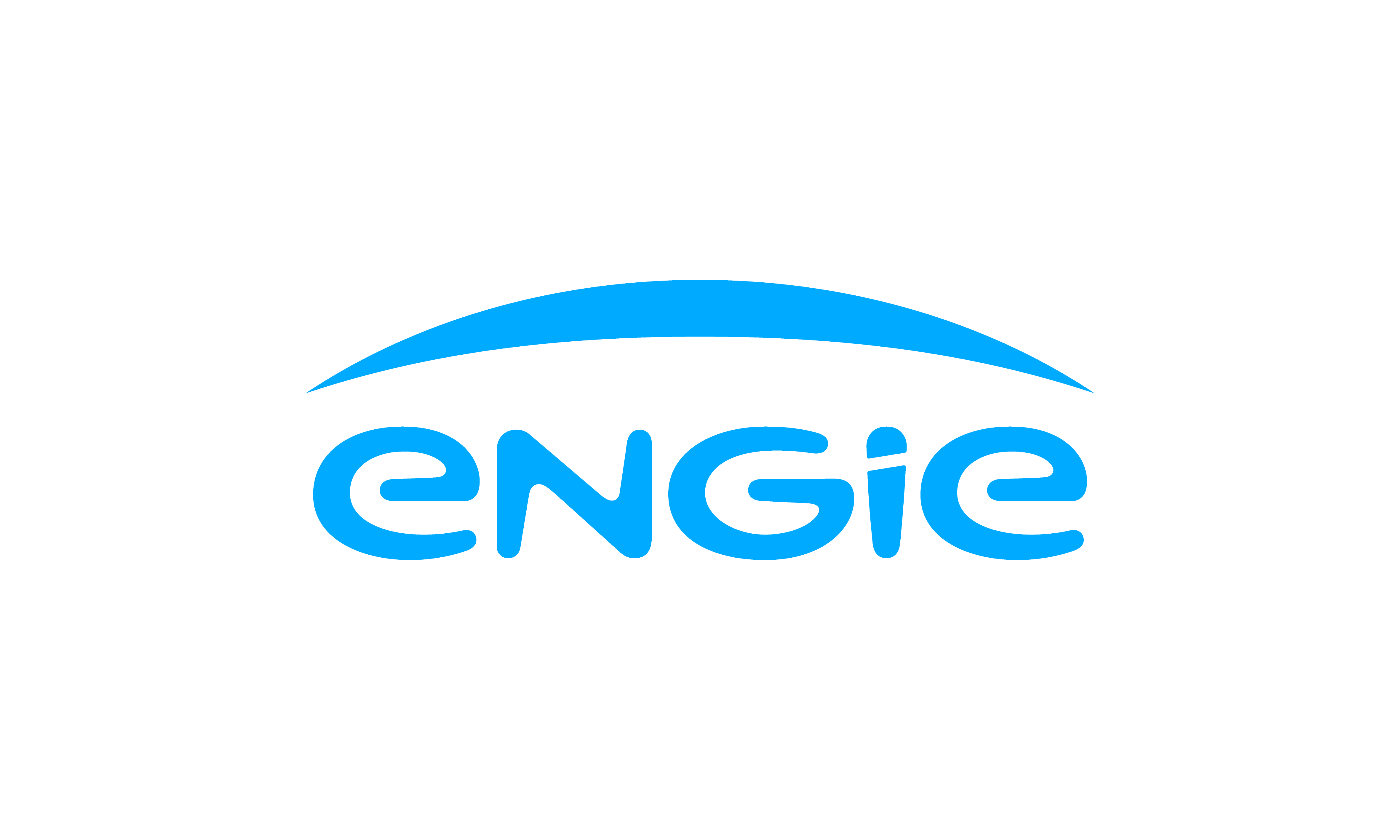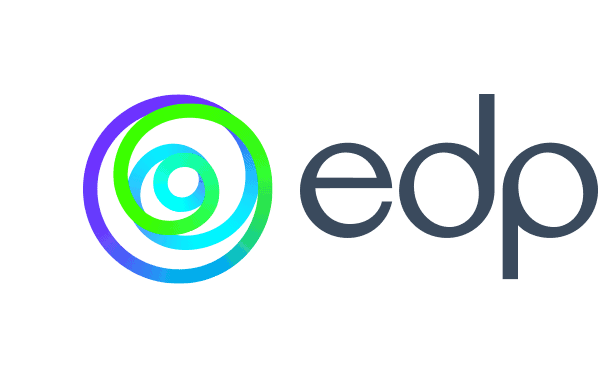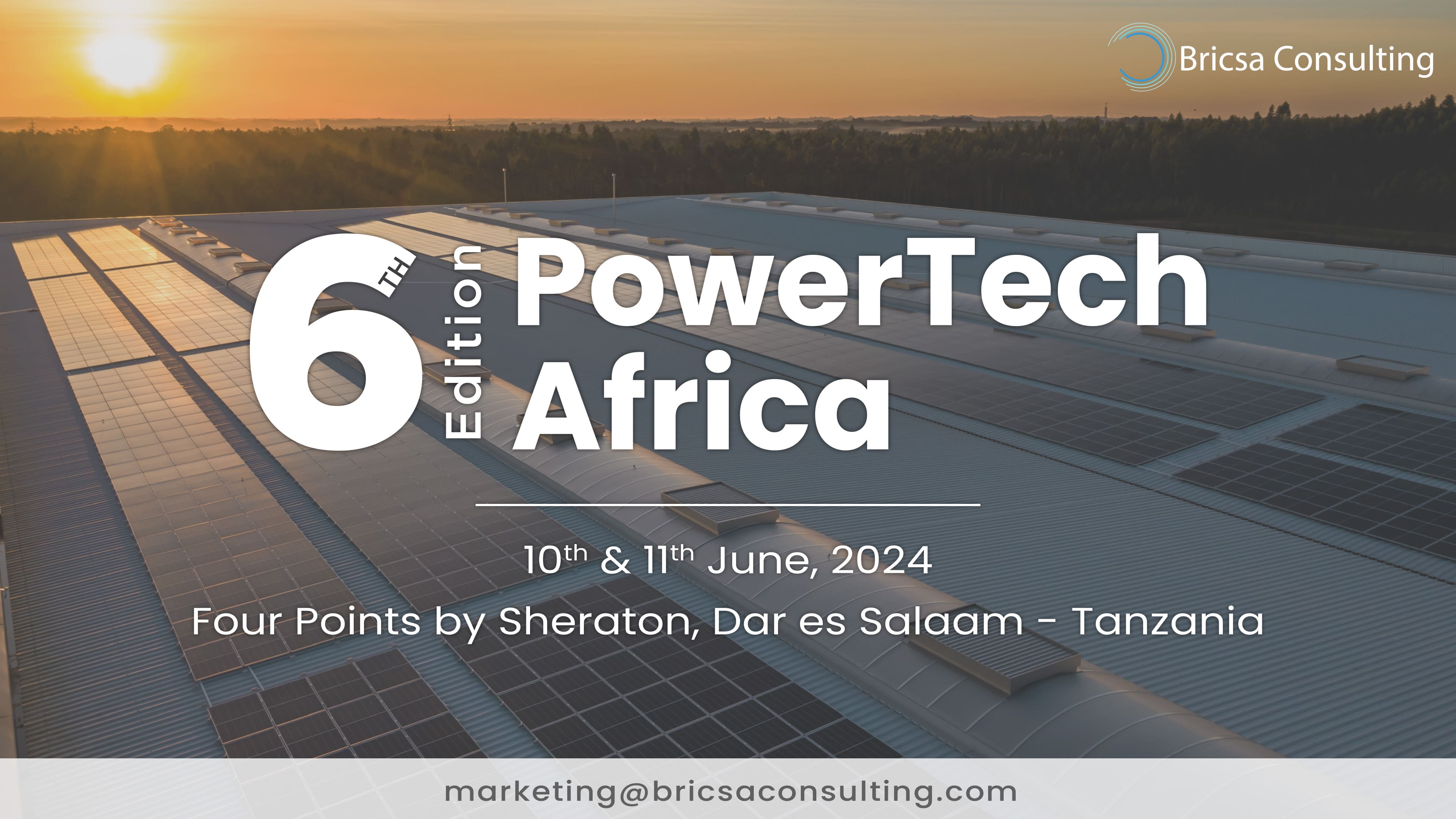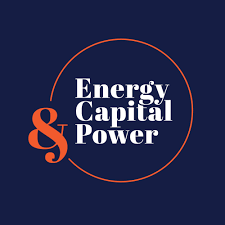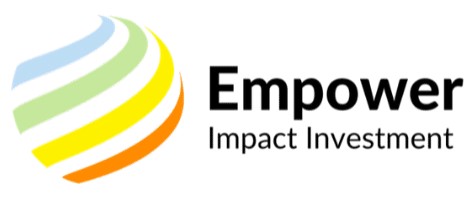20 February 2024: Ignite Power is set to revolutionize energy access in Kenya with the introduction of its new “Ignite Power Kenya” brand. As a leading provider of solar-based infrastructure solutions across Africa, the company’s strategic move into Kenya marks a significant moment in the country’s energy landscape. Ignite Power Kenya has ambitious plans to build on the over 2.5 million people connected across the SSA region, save over 2.5 million tonnes of GHG emissions across the country in the years to come, and disrupt Kenya’s energy access sector while creating an impact at a national scale.
Supported by leading initiatives like the Kenya Off-Grid Solar Access Project (KOSAP) and the Netherlands Enterprise Agency’s (RVO) SDG 7 Project, Ignite Power’s entry into the Kenyan market underscores a deep commitment to bridging the energy gap in rural communities across the SSA region. This commitment is further exemplified by the strategic acquisition and integration of Pawame and Mwezi Solar portfolios, consolidating Ignite Power’s position as a frontrunner in the clean energy sector.
Yariv Cohen, CEO of Ignite Power, expressed his enthusiasm for the venture. “After a year of meticulous planning and integration, we are thrilled to unveil the Ignite Power Kenya brand,” he remarked. “This marks a significant milestone in our journey, as we introduce our proven solutions to remote communities across Kenya under a unified identity.”
The timing of Ignite Power’s expansion couldn’t be more fit, given the World Bank’s recent announcement of a substantial $5 billion program to promote electrification in 20 African countries, with a specific $450 million allocation for Kenya, highlighting the global commitment to supporting rural electrification efforts. This injection of funds dovetails seamlessly with Ignite Power’s mission to democratize and scale clean energy access and the company’s vast experience in collaborating with the World Bank and other financiers on rural electrification projects, signaling a new era of collaboration and progress in Kenya’s energy sector.
However, challenges persist. Despite the declining costs of solar solutions in recent years, access to energy remains out of reach for millions living in rural communities, impeding development and progress. Ignite Power Kenya aims to address this disparity head-on by positioning itself as the most affordable provider of solar solutions in the country, making solar solutions accessible to millions for the first time. By offering competitive pricing and prioritizing inclusivity and accessibility, Ignite Power Kenya seeks to make access to electricity a reality for all.
“Access to electricity for the first time is a life-changing event,” Cohen emphasized. “Having already made a significant impact across Africa, we are eager to extend our reach and offer customers throughout Kenya the most affordable, sustainable solutions. Our goal is to pave the way for a sustainable and inclusive future for millions across the country.”
As Ignite Power embarks on this transformative journey in Kenya, the stage is set for a brighter, more sustainable future for all. With innovation, collaboration, and a steadfast commitment to progress, Ignite Power Kenya stands ready to illuminate the path towards prosperity and inclusivity for communities across Kenya, and the entire SSA region.
###
About Ignite Power: Ignite Power is a leading climate-tech company specializing in last-mile solar-based infrastructure solutions. With a mission to provide clean, reliable, and affordable energy access to 100 million people across Africa, Ignite Power continues to lead the way in sustainable energy innovation, creating impact at scale and fostering a cleaner, more inclusive future for Africa and the world.





